Japan holds state funeral for divisive slain PM Shinzo Abe amid protests
Japan had bidden farewell to former prime minister Shinzo Abe, who was assassinated in July, with a rare state funeral on Tuesday that has deeply split public opinion in the Asian country.
Thousands of mourners flooded the funeral venue in central Tokyo from early morning on Tuesday, as Abe’s widow carried the former premier's ashes through the Nippon Budokan Hall with the music on and his photos strolling on the walls.
Government, parliamentary and judicial representatives, including prime minister Fumio Kishida, made condolence speeches during the funeral ceremony. Many foreign dignitaries were among the 4,300 attendees at the event, according to reports.
Abe, one of the most divisive Japanese leaders, was cremated in July after a private funeral at a Tokyo temple days after his assassination while giving a campaign speech on a street in Nara, a city in western Japan.
While his state funeral was underway on Tuesday, hundreds of people rallied near the venue to protest against the state funeral and the $12 million price earmarked for it at a time when the country is grappling with a severe economic crisis.
Crowds chanted slogans as they marched near the funeral site, with some waving banners that urged a stop to the proceedings to honor the slain premier.
In one part of downtown Tokyo, protesters waved signs and chanted “No state funeral” to the tune of a guitar.
“It was a tragedy that Abe was gunned down and lost his life, but we shouldn’t make him a hero out of this tragedy,” one protester, Shinsaku Nohira, was quoted as saying by CNN at an anti-state funeral demonstration outside Japan’s parliament.
“At least half of Japan’s population is against this state funeral, so I don’t want the government’s messaging to get out there, I want people out there to know that there are citizens in Japan who are opposing this event,” the protester added.
Over the past weeks, Japan has witnessed growing public opposition to the ceremony, with thousands of people signing a petition against the move.
However, that’s not the only source of their anger. Abe’s assassination set off a flood of revelations about ties between lawmakers in the ruling Liberal Democratic Party (LDP) and a controversial religious group known as the Unification Church, sparking a backlash against current premier Fumio Kishida.
Abe was the longest-serving prime minister in Japan and a divisive figure who was dogged by scandals. He has less success with the economic policy that ultimately failed to revive the country's growth, greatly slowing in the 1990s.
However, he boosted Japan's military spending, expanded his country’s alliance with the US, and implemented major institutional reforms in the country’s security establishment.
Saudi Arabia lobbied for UAE sanctions: Trump
IRGC launches missile, drone strikes against Israel in response to US-Israeli aggression
IRGC pounds US bases across West Asia following US, Israeli aggression
VIDEO | Plan for US-pegged digital currency in Gaza raises sovereignty fears
OIC welcomes Oman-mediated Geneva talks between Iran, US; warns against use of force
VIDEO | Campaign to boycott Israeli ‘apartheid dates’ in UK intensifies during Ramadan
VIDEO | Pakistan launches Operation Ghazab lil-Haq after Afghan border firing
VIDEO | Pakistan condemns Israel’s expansionist agenda in Palestine at OIC








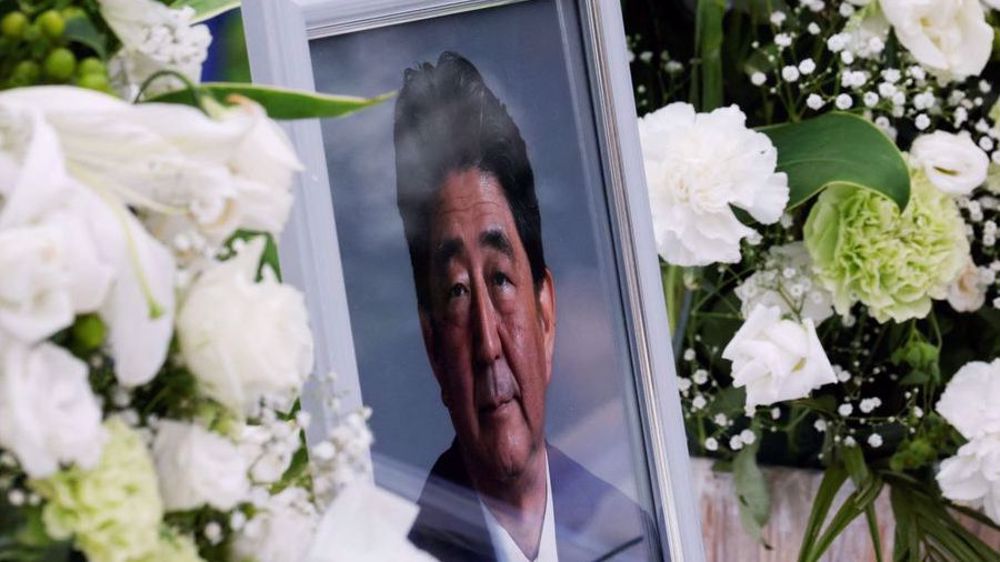
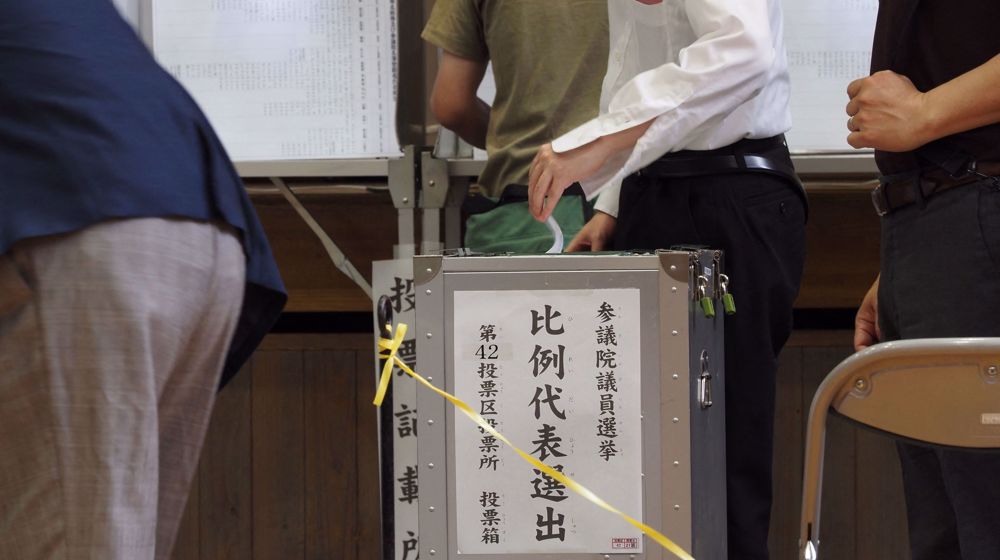
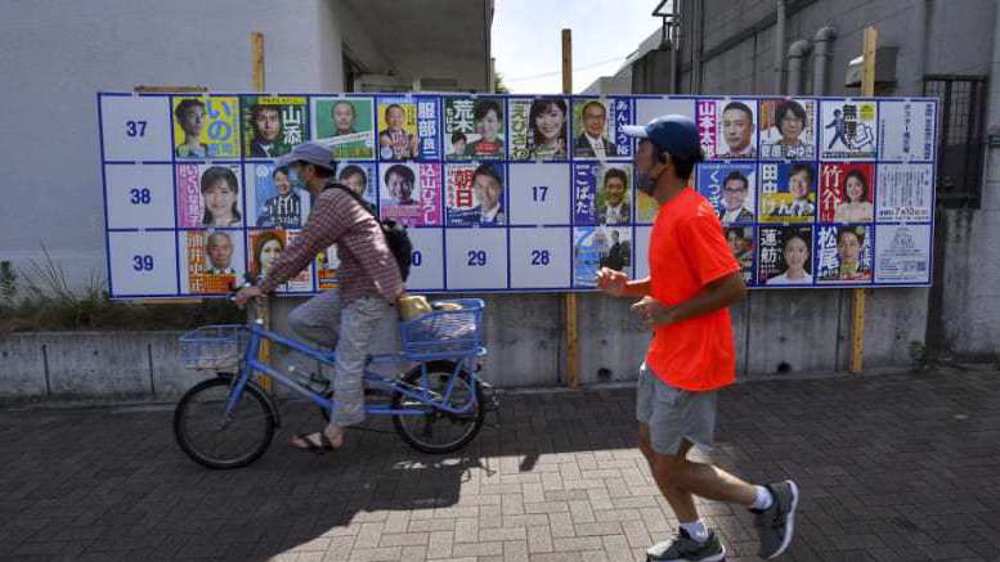
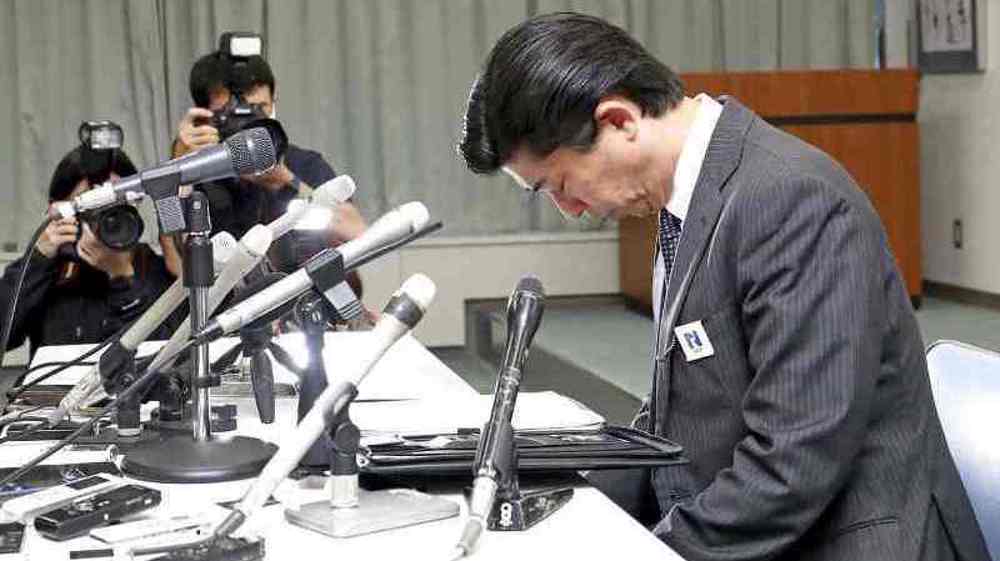
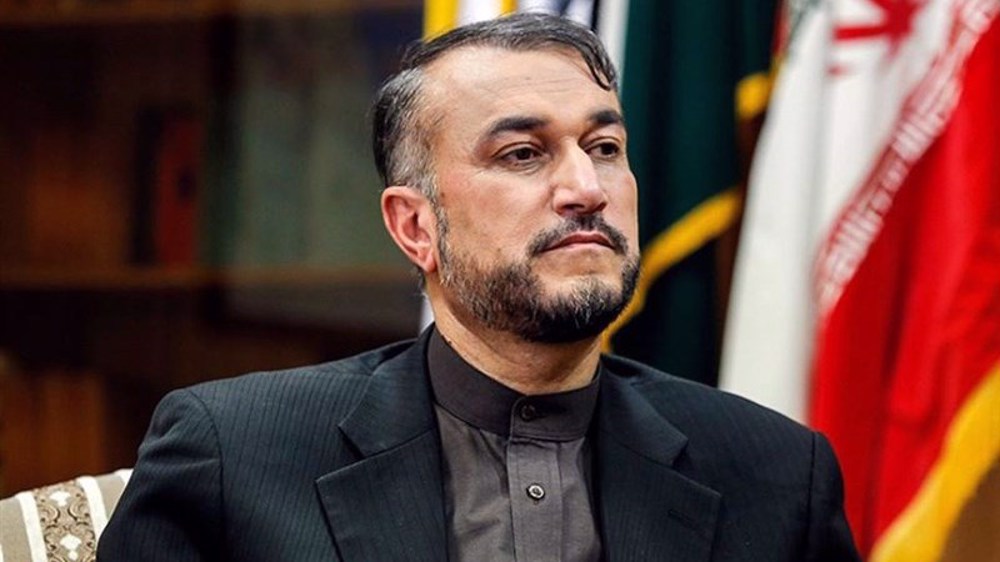

 This makes it easy to access the Press TV website
This makes it easy to access the Press TV website